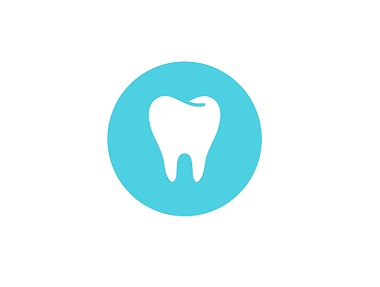|
Teeth grinding (bruxism) Teeth grinding and jaw clenching (also called bruxism) is often related to stress or anxiety. It does not always cause symptoms, but some people get facial pain and headaches, and it can wear down your teeth over time. Most people who grind their teeth and clench their jaw are not aware they're doing it. It often happens during sleep, or while concentrating or under stress. Symptoms of teeth grinding Symptoms of teeth grinding include:
Facial pain and headaches often disappear when you stop grinding your teeth. Tooth damage usually only happens in severe cases and may need treatment. When to see a dentist or GP See a dentist if:
The dentist will check your teeth and jaw for signs of teeth grinding. You may need dental treatment if your teeth are worn through grinding to avoid developing further problems, such as infection or a dental abscess. See a GP if your teeth grinding is related to stress. They'll be able to recommend ways to help manage your stress. Treating teeth grinding There are a number of treatments for teeth grinding. Using a mouth guard or mouth splint reduces the sensation of clenching or grinding your teeth. They also help reduce pain and prevent tooth wear, as well as protecting against further damage. Other treatments include muscle-relaxation exercises and sleep hygiene. If you have stress or anxiety, cognitive behavioural therapy (CBT) may be recommended. What causes teeth grinding? The cause of teeth grinding is not always clear, but it's usually linked to other factors, such as stress, anxiety or sleep problems. Stress and anxietyTeeth grinding is most often caused by stress or anxiety and many people are not aware they do it. It often happens during sleep. MedicinesTeeth grinding can sometimes be a side effect of taking certain types of medicine. In particular, teeth grinding is sometimes linked to a type of antidepressant known as a selective serotonin reuptake inhibitor (SSRI). Examples of SSRIs include paroxetine, fluoxetine and sertraline. Sleep disordersIf you snore or have a sleep disorder, such as obstructive sleep apnoea (OSA), you're more likely to grind your teeth while you sleep. OSA interrupts your breathing while you sleep. You're also more likely to grind your teeth if you:
LifestyleOther factors that can make teeth grinding more likely, or make it worse, include:
Teeth grinding in children Teeth grinding can also affect children. It tends to happen after their baby teeth or adult teeth first appear, but usually stops after the adult teeth are fully formed. See a GP if you're concerned about your child's teeth grinding, particularly if it's affecting their sleep.  BestCareCompare | ||||||
| Find Great Dentists near you.. Find local Dentists and filter for personalised care. Check prices, ratings and review scores to help make the best choice for you... |
| Find Great Dentists... |
|
|
Dentists near Armagh County Armagh (See Full List) |

